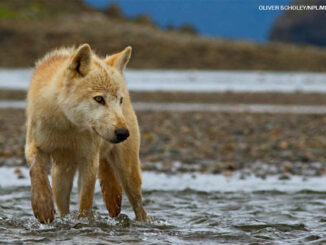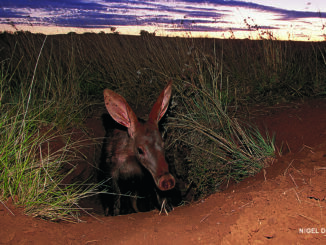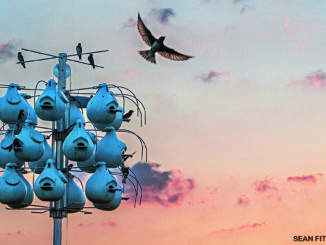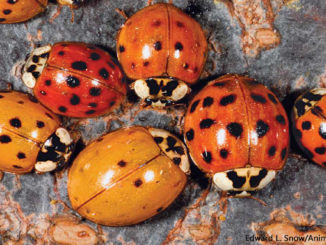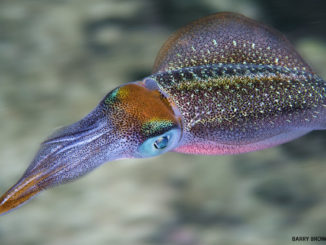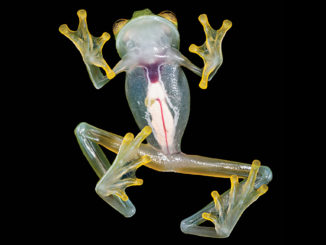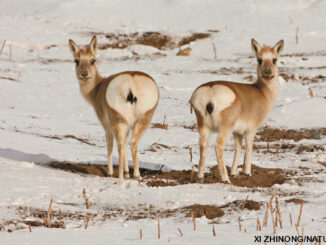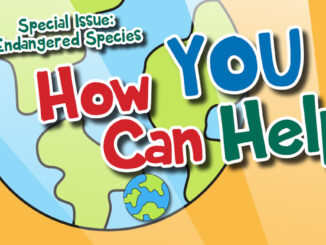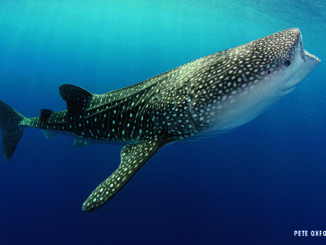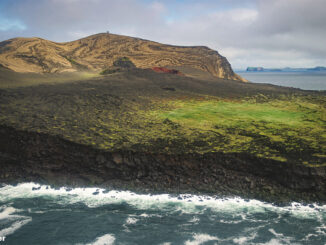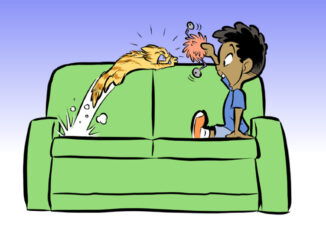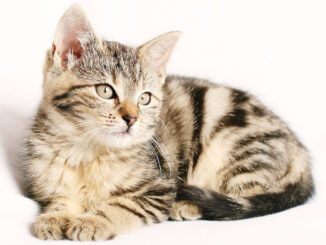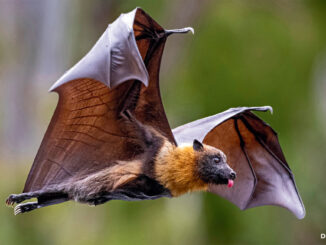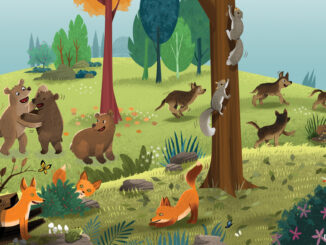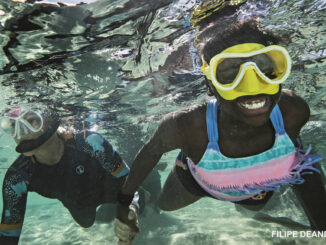
Orangutans
By Ellen LambethHello! I’m Pongo, and I’m here with my mom. We make a great team in our tropical rainforest home. I can’t wait to tell you all about it!
Don’t you just love our fiery-colored hair? It’s natural, too! We redheaded great apes are called orangutans (oh-RANGuh-tanz). That means “forest people” in the local human language. I guess we’re kind of like people. And we’re definitely at home in the forest—in fact, right up in the trees!
Sometimes I even use Mom as a tree. When I was a little baby, I always clung tightly to her. But now I’m big enough — and brave enough — to swing along by myself behind her. She’s a pro at swinging from tree to tree. I do OK, but I still have a lot to learn. Of course, Mom helps me when I really need it.
Whenever I’m hungry, I can always get milk from Mom. But these days I like a little more than just milk. Mom helps me in that department, too. She makes baby food for me by mashing fruit up in her mouth. Mmmmm, I think I’ll try a little of that!

Maybe these fruits are good to eat. It’s hard to tell. They look pretty, anyway. Mom is the one who knows which fruits are yummy and which are yucky. She also knows when the yummy ones are ripe and where to find them. It will take me a long time to learn it all!
Look at that orangutan scooping up water from a stream and guzzling it. Mom and I could do that if we wanted to, but we don’t have to. I’ve got Mom’s milk, of course. And the fruit we eat is squishy-juicy, so we don’t really need much extra water.
If we do get thirsty, we can usually find water right up here in the trees. Remember, this is a rainforest! That means it rains a lot here. Mom shows me how we can drink rainwater that collects in a tree hole or on leaves. Sometimes she wads up some leaves and uses them as a sponge to soak up water. We can even lick water drops right off our own hair.
Yippee, look at me, hanging like a bat in a tree! Upside-down, right-side up, swinging on a vine — I’m so lucky to live in my very own jungle gym!
Playing lets me practice my tree-climbing skills. I can tell I’m getting better and better at it every day. My long, strong arms and curved hands and feet help me hang on. Like you, I have thumbs on my hands, which means I can grip the branches tightly. But unlike you, I can grip with my feet, too. That’s because my big toes work the same way as my thumbs do!
Whoa, check out the “King of the Jungle.” That’s my dad. He doesn’t hang out with us, though. He lives mostly alone. He travels much farther and wider through the forest than we do. And he doesn’t like any other guys getting in his space!
I hope I’m as big and strong as Dad someday. See his big, flappy cheek pads? Mom says they make him look so handsome. And see that big pouch under his chin? That helps make his bellows sound loud and deep. Better not trespass or you might hear him roar!
Yawwwn! That’s what Mom is saying. You can’t see me, because I’m curled up next to her and already fast asleep in our leafy nest. Soon Mom will be asleep, too. She worked really hard all day, looking for enough food for us in the forest. At the end of every day, we settle down wherever we happen to be. Mom bends branches and twists them together. That makes a cozy bed for us, way up in a tree. For you, it would be kind of like camping out in a tree house! OK, sweet dreams. After a good night’s sleep, I should be just a little bit closer to becoming king of this jungle!
No Place Like Home
Whoever heard of a wheelbarrow full of orangutan babies? Well, that’s one way to get from class to class when you’re enrolled in “jungle school.”
This school is really a rescue center in Borneo that’s especially
for orphaned orangutans. It opened after huge fires raged through the island’s forests. Many adult orangutans fled the fires only to be killed by hungry villagers. And many of the orphaned babies were then caught and sold as pets.
People trying to help the endangered animals collected the babies and brought them to the center. Here they feed and take care of the infants and teach them how to care for themselves. They hope one day to set the young orangutans free in a new, protected forest.
The problem is, there isn’t much forest left in the orangutans’ home. Even now, many acres of forest are cut down every day for lumber and for planting palm trees to make palm oil. To protect the orangutans,
people should avoid buying products made from these tropical trees and from palm oil.
To find out more, have a parent go online to orangutan.net or orangutan.org.
This article first appeared in the February 2010 issue of Ranger Rick magazine. (Click on each image above for a closer view of the story.)





